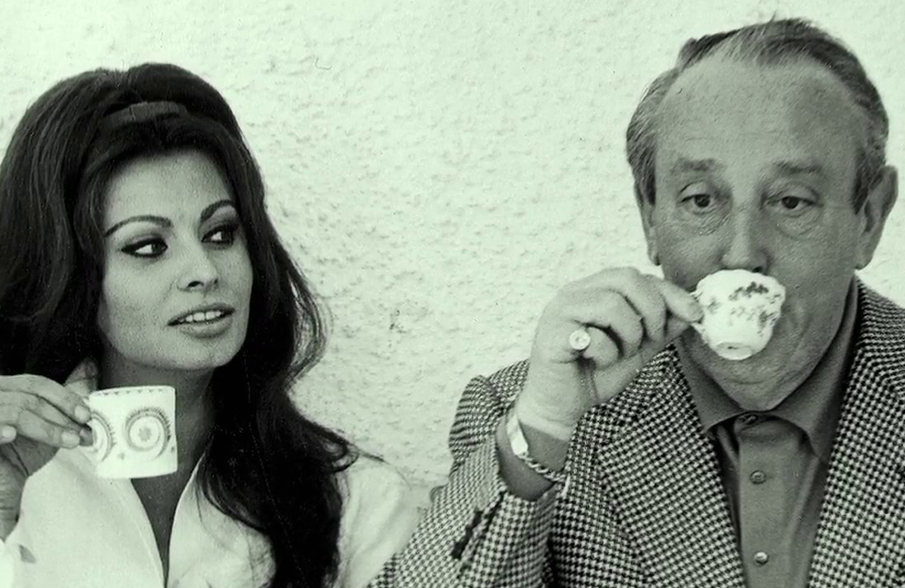PODCAST | Matt Micucci interviews Piotr Rosolowski, co–director of the film The Prince and the Dybbuk.
Director Piotr Rosolowski and Elwira Niewiera presented their film The Prince and the Dybbuk in the Venice Classics strand of the 74th Venice International Film Festival. The documentary tells the story of the marvellous, fascinating, and intense life of filmmaker and producer Michael Waszinsky. We meet Rosolowski, who talked to us about the exciting research and filming process, a journey made of online research, film archives, long lost journals, yellow telephone books, and more. He tells us, among other things, about the grey areas of the film, left there also because there would be many stories about Rosolowski that could have been told – from his great film career, to his homosexuality, to his relationship with his Jewish heritage.
The Prince and the Dybbuk: Who was Moshe Waks really? A golden boy of cinema, cunning fraud or a man who constantly confused the illusion of film with reality? The son of a poor Jewish blacksmith from Ukraine, died in Italy as Prince Michael Waszinsky, Hollywood producer and exiled Polish aristocrat. He made more than 50 films including cinema hits with Sophia Loren and Claudia Cardinale. However only one film was his true obsession—Der Dibuk (The Dybbuk)—based on an old Jewish legend, the most important and mystical Yiddish film ever made, directed by Michael Waszinsky shortly before the the outbreak of the World War II. To the american magazine “Variety” Waszinsky once claimed to be fascinated with the downfall of great nations. The related imagery of pogroms and migration are the sights and images that Waszinsky had so often witnessed in his life. It seems he had achieved almost everything he could possibly have wished, but something seemed to be stalking him, leaving him permanently restless. Waszinsky kept searching for the lost print of his film Der Dibuk (The Dybbuk) which held his early memories of the jewish shtetl and his first love. What secrets did he keep hidden in this old masterpiece of Yiddish cinema?
For the official page of the film in the festival website, click here.






































